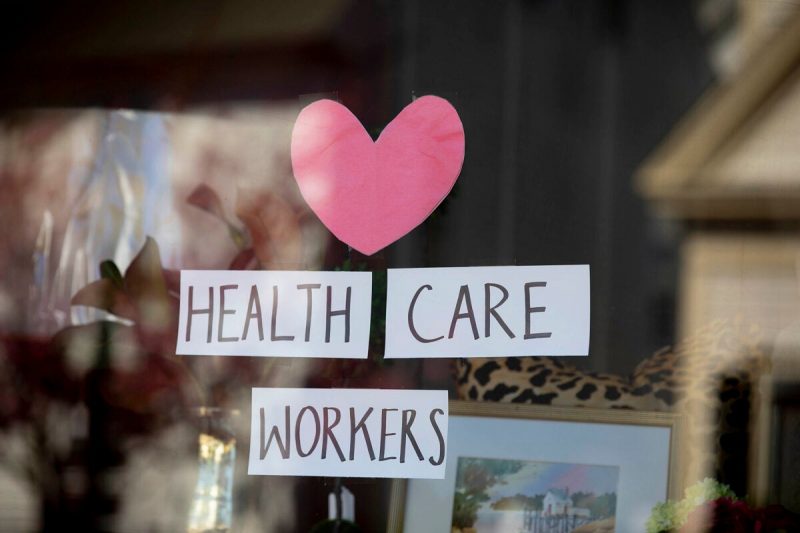In the wake of the COVID-19 pandemic, the world witnessed unprecedented challenges and disruptions across various aspects of life. The impact of the pandemic has been profound, altering how we live, work, and interact with one another. From social distancing measures to global lockdowns, the outbreak of the coronavirus has forced individuals and societies to confront new realities and adapt to changing circumstances.
One of the key lessons learned from the pandemic is the importance of resilience and adaptability. The rapid spread of the virus exposed vulnerabilities in healthcare systems and highlighted the need for proactive planning and response strategies. As countries scrambled to secure medical supplies, set up testing facilities, and implement containment measures, it became evident that preparedness and flexibility are critical in navigating unforeseen challenges.
The pandemic also underscored the significance of community and solidarity in times of crisis. As individuals came together to support frontline workers, vulnerable populations, and those most affected by the virus, a sense of unity and compassion emerged. From mutual aid groups providing essential services to virtual platforms connecting distant loved ones, acts of kindness and collaboration served as beacons of hope amidst the uncertainty and fear.
Furthermore, the pandemic shed light on the importance of mental health and well-being. With prolonged periods of isolation, economic instability, and uncertainty about the future, many people experienced heightened levels of stress, anxiety, and depression. The need for mental health support and resources became increasingly apparent, prompting conversations about self-care, coping mechanisms, and seeking professional help when needed.
Another crucial lesson from the pandemic is the value of science and evidence-based decision-making. As researchers raced to develop vaccines and treatments for COVID-19, the role of data, research, and innovation in addressing public health challenges became paramount. The scientific community’s rapid response to the pandemic highlighted the power of collaboration, rigorous testing, and peer-reviewed evidence in shaping effective interventions and policies.
Moreover, the pandemic brought attention to systemic inequalities and disparities that exist within societies. From disproportionate access to healthcare and resources to disparities in educational and economic opportunities, marginalized communities bore the brunt of the pandemic’s impact. As calls for social justice and equity reverberated worldwide, discussions about addressing structural inequalities and building more inclusive and resilient systems gained momentum.
In conclusion, the COVID-19 pandemic has been a sobering reminder of the fragility and interconnectedness of our world. While the challenges posed by the virus have been immense, the lessons learned from this global crisis have the potential to shape a more resilient, compassionate, and sustainable future. By embracing adaptability, fostering solidarity, prioritizing mental health, valuing science, and addressing systemic inequalities, societies can navigate future challenges with greater preparedness and unity. As we continue to navigate the post-pandemic landscape, these lessons serve as guiding principles for building a more resilient and equitable world for all.

